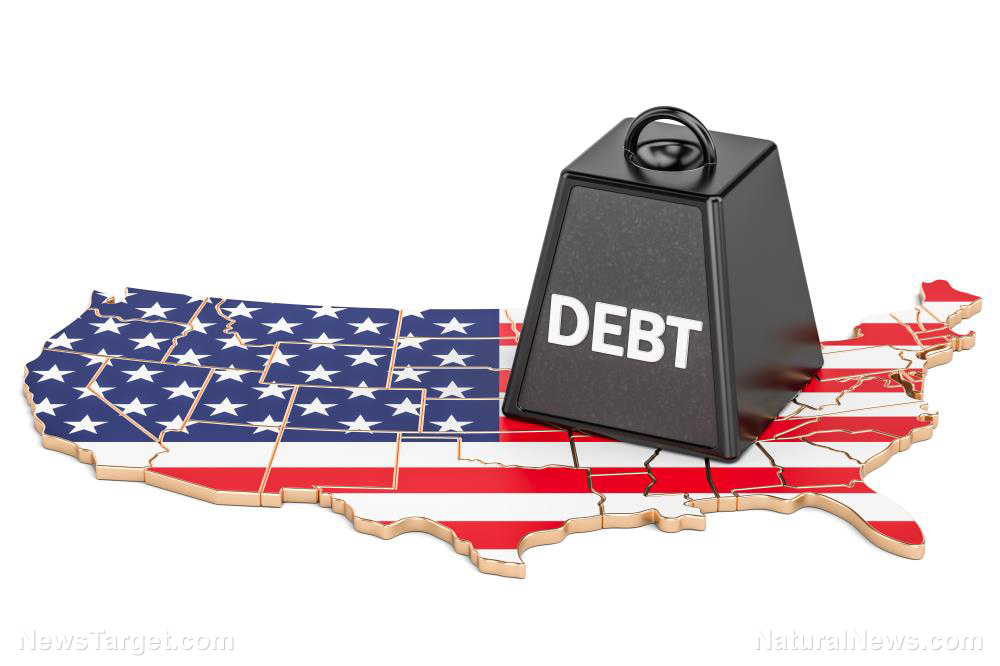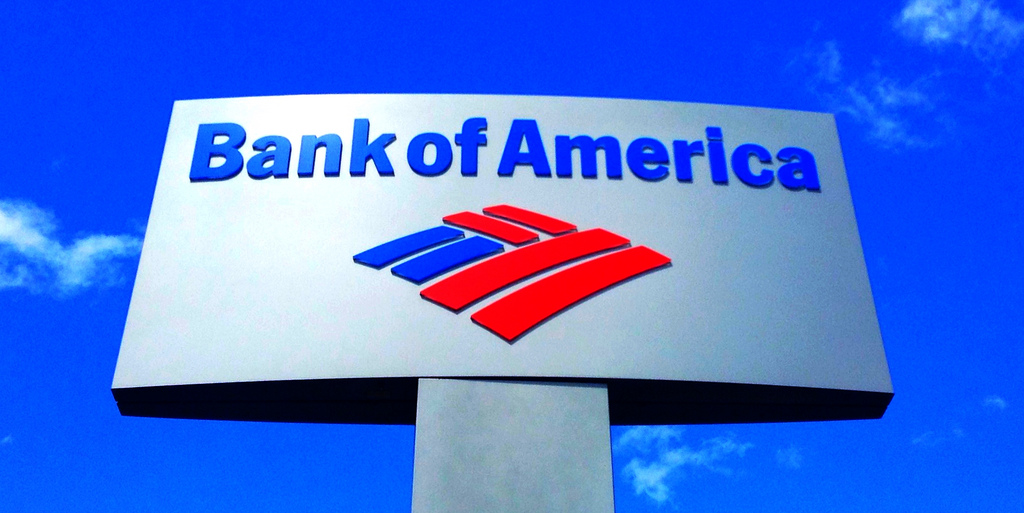
The New York Times examination of over 500 cases of customer account terminations by their banks showed the chaos and confusion that ensue when banks decide on their own to cut people off. These situations are what banks refer to as "exiting" or "de-risking." Some bank customers get a letter in the mail saying their institution is closing all of their checking and savings accounts. This happens with debit and credit cards as well, and they are usually provided only with vague explanations.
Worse, some of them do not even receive a notice and just discover when payments do not go through while they are shopping, availing services, or trying to withdraw money from automated teller machines. Of course, they would confront the banks, where customer service representatives are given instructions to just empathize and promise to "do whatever we can to fix this." Only to eventually tell them that, "per your account agreement, we can close your account for any reason at any time."
Once customers have moved on, "they don't know whether there is a black mark somewhere on their permanent record that will cause a repeat episode at another bank. If the bank has filed a SAR, it isn't legally allowed to tell you, and the federal government prosecutes only a small fraction of the people whom the banks document in their SARs," a Times writeup included. "You feel like you're walking around wearing this scarlet letter," said Caroline Potter, whose Citibank accounts were shut down abruptly last year.
But banks won't admit their real reasons. "We want to build long-term relationships with our clients, which is why accounts are closed only after appropriate review and consideration of the facts," said Jerry Dubrowski, a spokesman for JPMorgan Chase. The bank's former account holders sent nearly 200 complaints to the news outlet.
Meanwhile, the New York Times provided actual customer cases of account terminations.
Unusual cash deposits and withdrawals
Bryan Delaney and his business partner Jennifer Maslanka owned several New York City bars. To make the accounting easier on new staff during the pandemic, the two often rounded deposits down to the nearest thousand and kept the rest of the cash on hand. However, JPMorgan closed the bar's account and the personal checking and credit card accounts for Delaney, his wife and Maslanka.
Federal law requires depositors to fill out a form if they're depositing or withdrawing more than $10,000 in cash. Sometimes, account holders will engage in "structuring" by making a series of transactions of just under $10,000. Dubrowski said this was the bar's problem. "We must know our customers and monitor the transactions that flow through our bank," he said. "That includes instances where we see a pattern of cash deposits that are just below federal currency reporting thresholds."
But Delaney said he had not been engaged in structuring when depositing money as all the cash had come from the bars. He also reported his income and paid his taxes as he was supposed to. "I’m still so confused," Maslanka said. "Do you think I’m part of some underground Mafia, laundering money through my little beer bar?"
Meanwhile, Steven Ferker bought a house in New York in late 2016. He withdrew money from one of his Citi accounts separately, $7,000 to $12,000 per transaction, to pay his contractor. He also used a Citi credit card with a 12-month, zero-interest offer to buy things for the kitchen in 2017. The bank then called him asking why he was making repeated cash withdrawals. Each time, he explained the situation. "I assumed they were calling to make sure someone was not stealing my money, and I was glad that they called," he said.
Ferker was aware of banks' wariness of large transactions in round numbers, but he was taking out his own money and immediately giving it to a contractor doing visible work. "Cash is legal tender in this country," he said. "I understand that people hide their income, but I figured that was none of my business."
Banks don't like ex-convicts
Chicago-based Nick Seidel was advised by his BMO Harris banker that his banking troubles were because he served time in prison. Chase dumped him first. Then, after an 18-month relationship with Fifth Third, it also shut down his accounts.
"I'm not supposed to tell you this," the banker said turning his computer monitor to show Seidel his mug shot from 10 years before. "I had never had any banking issues, no overdrafts or suspicious activity," Seidel said. "Some banks just run public searches of their clients and drop them if they are justice-impacted."
In 2011, Seidel stole a 2002 BMW from a car dealership and used a counterfeit $20 bill, among other crimes. He served five years in prison, where he underwent cognitive behavioral therapy and earned several paralegal certificates. After he was released in December 2015, a friend picked him up, and they headed straight to the bank so he could start his life anew. He used a state-issued identification card and a check from the Department of Corrections when he opened a checking account at Chase. But the bank later shut down the account.
International Wires
Nigerian Oore Ladipo had been working as a data analyst at Morgan Stanley in New York while earning a master's degree in quantitative methods and modeling. While waiting for his employment papers from the federal government, his parents wired him money from Nigeria, around $1,500 a month to help him make rent in early 2018. Chase then sent him a letter saying his accounts would be closed. "They were aware of my study, work and family history but still closed my account after almost 10 years," he said.
He felt confused and betrayed, but he believed that the Nigerian wires were the likely culprit. "And in this scenario, you can't negotiate. You aren’t talking with a person who has the power to tell you what went wrong and what didn't go wrong." Wires and suspicious electronic transfers are other common reasons that banks file SARs. But in Ladipo's case, the cause for suspicion was a third party that surfaced in his web of transactions.
Collapse.news has more stories related to the collapsing banking system.
Sources include:
Please contact us for more information.






















